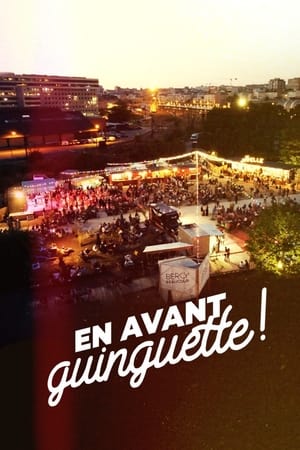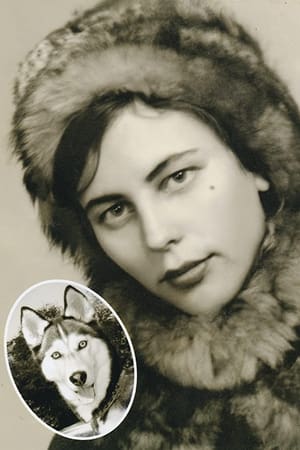May It Fill Your Soul
Top 3 Billed Cast
Self
Self
Self
Similar Movies
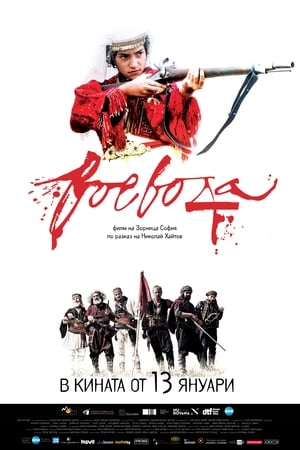 7.2
7.2Voevoda(bg)
At the end of the 18th century in Bulgaria under Ottoman slavery, a young woman leaves home and family to become leader of a guerrilla gang.
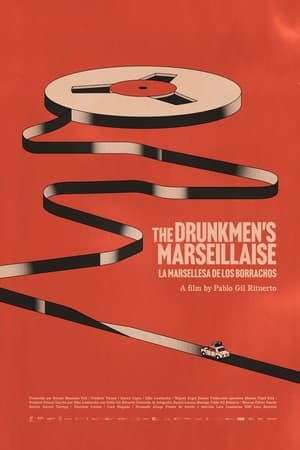 8.0
8.0The Drunkmen’s Marseillaise(es)
In the summer of 1961, a group of young Italian anthropologists made a clandestine journey through Spain, in order to record popular songs that supported anti-Franco resistance. As a result of their work, they were prosecuted and their recordings were censored. Sixty years later, and guided by Emilio Jona, aged 92, the last living member of that group of travellers, we recover the unpublished recordings and reconstruct the journey, today, across an emotional and political landscape, regaining historical memories through these songs, as relevant today as they were then.
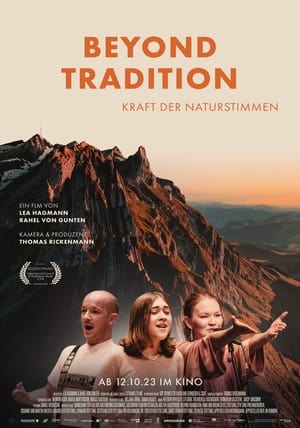 9.0
9.0Beyond Tradition – The Power of Yodelling and Yoiking(de)
What is tradition? This is the question posed by yodeller and food researcher Meinrad Koch from Canton Appenzell. In search of an answer, he embarks on a journey.
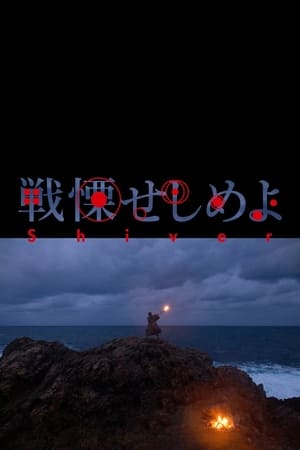 9.3
9.3Shiver(ja)
Toyoda Toshiaki went to Sado Island and filmed musician Koshiro Hino and Kodo, the local Taiko Performing Arts Ensemble, while they performed music composed especially for Shiver.
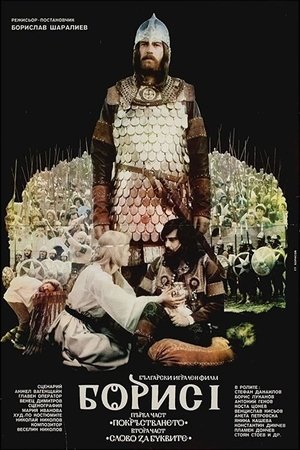 6.7
6.7Boris I: Part 1 – The Baptizing(bg)
Part one of this two-part epic follows the life and deeds of Boris I – a strong historic personality, which completes his mission to the full and at the end of his life receives holy orders.
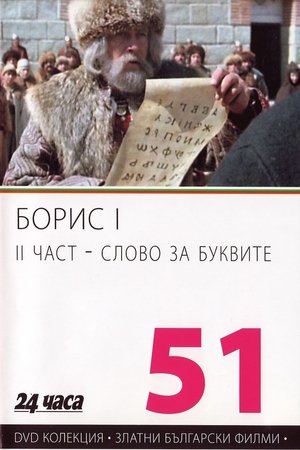 4.0
4.0Boris I - Part 2 - Word For Letters(bg)
Knyaz Boris I reached the most important spiritual insight - the country needed a single language and script. It accepts students of Cyril and Methodius, creating Ohrid and Preslav Literary School. What other nations took centuries, for bulgarians takes place only about 20 years after their baptizing - introduced a Slavonic Alphabet.
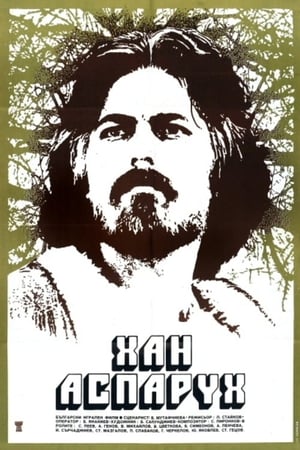 6.7
6.7Khan Asparukh - Part I - Phanagoria(bg)
This is an epic screen presentation showing the creation, the consolidation and the power of First Bulgarian Kingdom and the first Bulgarian ruler Khan Asparuh. This is the first part of the film trilogy about the events before the creation of the Bulgarian state in the middle of the VII century. Volga Bulgaria is straining under the attacks of the Khazars. Following the testament of his father, the sons of Khan Kubrat looking for a new home for their tribes. The youngest of them - Asparukh, wander 20 years in search of "land forever" for his people and reaches the mouth of the Danube. The film is narrated by captured Byzantine chronicler Belisarius, which should Asparukh in his journeys. Byzantine witnessed the heroic efforts of the Bulgarians to win the land south of the Danube and to create their new country.
 7.2
7.2Khan Asparukh - Part II - The Migration(bg)
This is an epic screen presentation showing the creation, the consolidation and the power of First Bulgarian Kingdom and the first Bulgarian ruler Khan Asparuh. The second part of the great historical epic - "The Migration" - tells about the long journey to the land of the Bulgarians of today's Bulgaria. Here the young Khan Asparukh laid the foundations of the new state. The authors adhere to the established historical versions for this event. The film builds on the impressive mass scenes and the convincing served psychological characteristics of the main characters. The image of Asparoukh is a natural center of the story, in which many minor persons recreate the environment of the Khan. Romantic exalted, Asparukh is shown as capable leader of the people, consistently implement his own ideas.
 8.0
8.0Khan Asparukh - Part III - Land Forever(bg)
The last part of the epic "Khan Asparukh" - "Land Forever" is an impressive finish to scale narrative, created for the nationwide celebration of 13 century anniversary of the Bulgarian state. The authors collected in final chord all storylines, culminating in the political strengthening of the young Bulgarian state. In the center of the film epic again is the image of Khan Asparukh - a lofty romantic hero who embodies the virtues and energy of his people.
 0.0
0.0Sonaggios(en)
In the Sardinian town of Tonara, where the ancient art of crafting cowbells teeters on the edge of extinction, a family battles to preserve their heritage, passing down skills to a new generation while grappling with personal struggles and the pull of modernity. English subtitles.
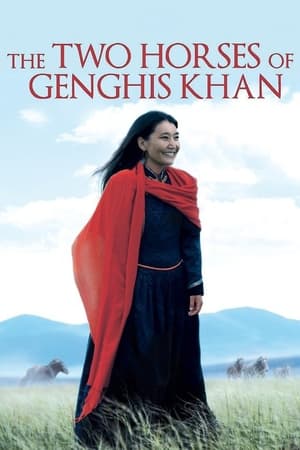 6.8
6.8The Two Horses of Genghis Khan(de)
An old, broken morin khurr (horse head fiddle) compels renowned Mongolian singer Urna Chahar Tugchi to take a road journey to Ulan Bator and the steppes of Mongolia.
Shipibo: Learning Through the Light(en)
Shipibo healer Ricardo Amaringo describes how he prepares, teaches, and shares the plant medicine ayahuasca. Olivia and Julian Arévalo sing examples of icaros (healing songs) in the Shipibo language.
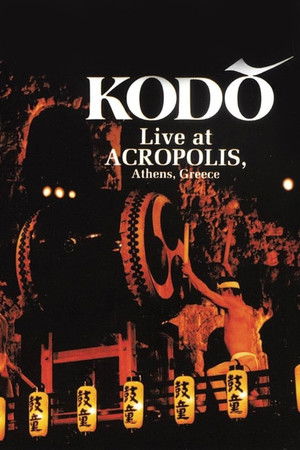 8.0
8.0Kodo: Live at the Acropolis(en)
Live action documentary footage of a concert by the Kodo drummers of Japan at the Acropolis, Greece, in 1995, with commentary by members of the drum group concerning the concert and the drum troupe
In the Steps of Forgotten Peoples(et)
Unustatud rahvad (1970 - 1989) by Estonian composer Veljo Tormas is based upon six Balto-Finnic peoples traditions. Collegium Musicale choir brought the songs to different sides of Baltic coasts to liven current citizens connections for fleeting past and strengthen their identity.
Regilaul - Songs of the Ancient Sea(de)
On the shores of the Gulf of Finland, the ancient Finno-Ugric peoples originated a singing tradition of mysterious power called the Regilaul. These songs are the roots of Estonia’s renowned singing culture. Based on the continuous repetition of eight-syllable verses, they produce a haunting sound able to connect the fleeting present with the eternal circle of life. Against the stunning setting of modern Estonia, this film explores how Regi songs still fire the imagination today, weaving together people and nature through song.
Woven Songs of the Amazon(en)
The Shipibo-Konibo people of Peruvian Amazon decorate their pottery, jewelry, textiles, and body art with complex geometric patterns called kené. These patterns also have corresponding songs, called icaros, which are integral to the Shipibo way of life. This documentary explores these unique art forms, and one Shipibo family's efforts to safeguard the tradition.
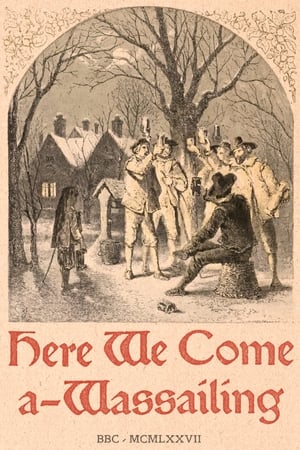 0.0
0.0Here We Come A-Wassailing(en)
A documentary on the surviving syncretic pagan midwinter customs of the British Isles, focusing on nine ritual celebrations ranging from the Moray Firth in the north, the Somerset Levels in the south, Humberside in the east, and County Kerry in the west. Featuring music by the Albion Band and narration by John Tams.
